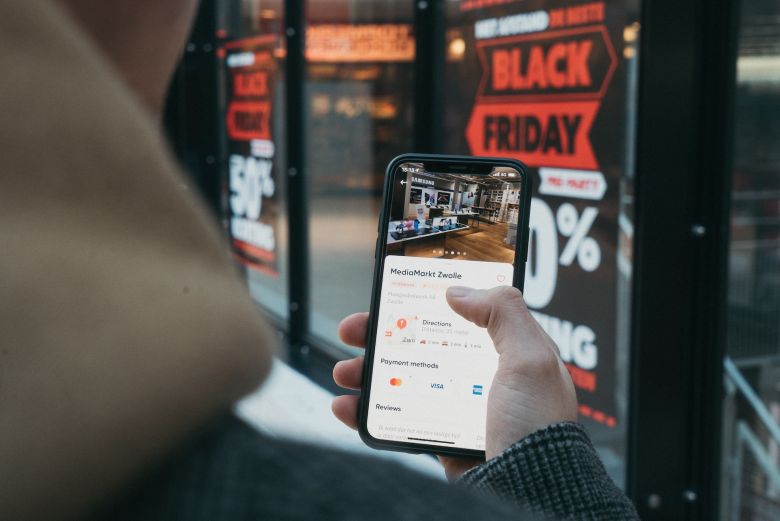Personalized shopping recommendations
AI algorithms allow marketers to provide personalized suggestions to consumers based on their past purchases, browsing history and preferences. So, prospects see priority products that align with their preferences and needs, whether they are looking for home equipment in the brochure Ikea Black Friday whether for a sophisticated smartphone or a Smart TV.
Dynamic pricing
The dynamic and AI-driven pricing has become a common practice among merchants during Black Friday. AI algorithms constantly monitor demand, inventory levels and competitor prices in real time, allowing stores to adjust their pricing accordingly. This means that consumers can find products at competitive prices and traders can optimize their profits.
Chatbot for customer support
For several days before and after Black Friday, customer service departments receive a deluge of questions and requests. The chatbot with artificial intelligence they are increasingly used to manage routine customer interactions, answer frequently asked questions and help track orders. They are available 24 hours a day, provide buyers with immediate assistance and reduce the need for trained manpower.
Stock management
One of the challenges retailers face during Black Friday is managing their inventory effectively. The inventory management systems based on artificial intelligence can predict demand patterns and help retailers ensure they have enough inventory to meet customer needs without excess unsold inventory. TN minimizes the possibility of running out of some popular products and allows optimization of the supply chain operation.
Preventing and countering online fraud
As online shopping becomes more and more popular during Black Friday, the risk of fraudulent transactions rises. AI-based fraud detection systems can analyze transaction data in real-time to identify and block suspicious activity.
Virtual testing and augmented reality
Artificial intelligence has brought innovation to the consumer goods industry by enabling experiences mock test and used purchases augmented reality (AR). Consumers can use their smartphones or computers to try on virtual clothes, accessories or makeup before making a purchase decision. This not only improves the online shopping experience but it also reduces returnsbenefiting both consumers and merchants.
As Black Friday continues to evolve and adapt to changing consumer preferences and technological advances, artificial intelligence will likely play an even more important role in improving the overall shopping experience. Consumers can look forward to a more personalized, efficient and secure shopping experiencewhile marketers can take advantage of this consumer frenzy and reach a wider audience through the power of artificial intelligence.




